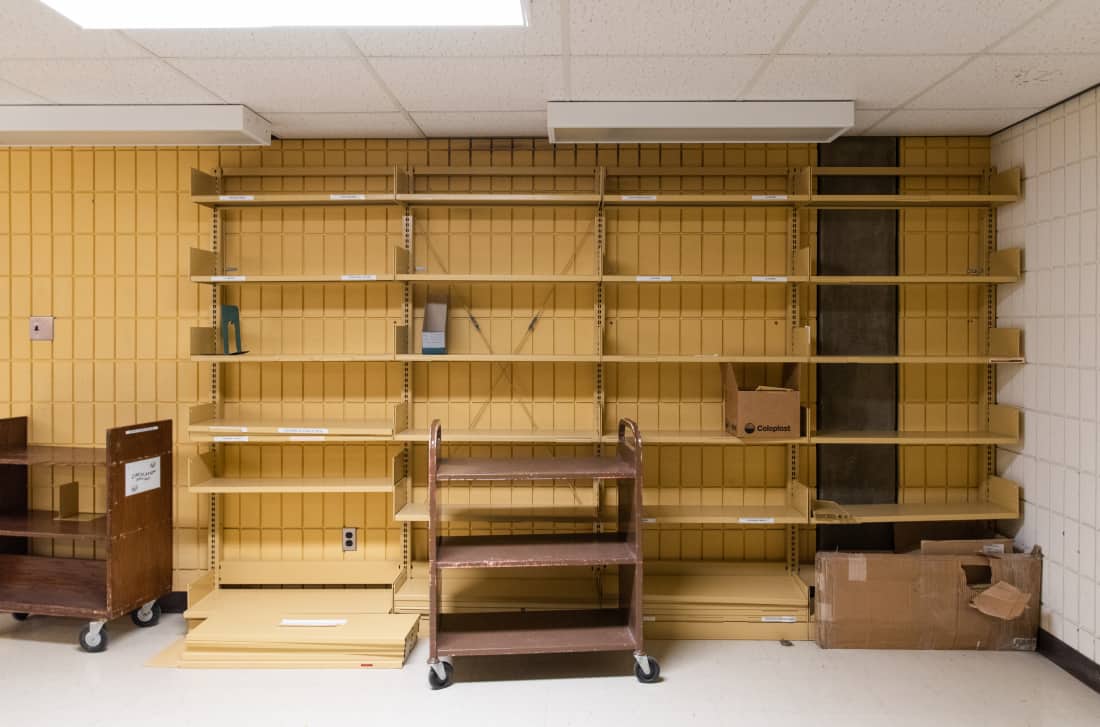
As students of higher education, undergraduates at the University of Saskatchewan have unique — and often temporary — access to resources that afford students the opportunity to participate in scholarly conversations and build upon existing academic work in ways that others cannot.
This ability to access information and spaces is called information privilege. This term was coined by Char Booth, associate dean of the library at California State University San Marcos. As people in a position of privilege, it is important for academics to examine where they are situated in the world of information. Confronting barriers to access can allow academics to create a more equitable, just, innovative and collaborative world of knowledge creation.
The U of S library provides access to scholarly works that are usually kept behind paywalls for the general public. Paywalls make information less accessible by putting a prohibitive price tag on knowledge for those outside of academic institutions. When students conduct research using the catalogue of peer-reviewed journal articles, they are exercising the privilege they bought and paid for through tuition and public funding.
To put this into perspective, the university spends approximately $13.8 million per year on materials for the library collection. Of this amount, $12.6 million is for access to databases and peer-reviewed journals — most of which are only available online. When you graduate, this key to the kingdom of scholarly work vanishes from your metaphorical keyring of privileged access.
There may be a sigh of relief as you obtain that bachelor’s degree and bid adieu to years of tuition and countless papers. Will you ever need or want to access the world of scholarly works again? Maybe, you won’t, but DeDe Dawson, associate librarian at the U of S Science Library, says that one of the most commonly asked questions from recent graduates is “Why can’t I access e-resources anymore?”
The hard truth is that, when you are no longer a student, paywalls for article access appear.
Next time you access an article using your U of S login, take note that this information was paid for and is otherwise not freely available. Whether or not you’re interested in accessing these publications behind paywalls, you — and everyone else who pays taxes in Canada — have funded a lot of the research that happens at postsecondary institutions.
Despite this financial contribution, many scholarly publications are not freely available to the general population. For-profit publishers make money from research articles while the authors of the work are not paid by the publisher for their submission.
Some of the largest scholarly publishers have similar, or higher, profit margins to giant companies like Apple and Google. Why should your tuition and your tax dollars provide a product to scholarly publishers who provide neither payment to the authors of the work nor a service to the general public?
Applying your new knowledge of information privilege can be a process of privately confronting your privileged role in academia or a radical activist shift to publicly challenge the status quo. One way to do this is by supporting openaccess publishing wherein peer-reviewed scholarly works are made available online free of charge for the reader.
By realizing your personal role in the creation of knowledge in society, you can leverage your information privilege by publishing your undergraduate work through either formal channels — like open-access journals or institutional open-online repositories — or by making your work public on social media or a website.
By opening up your undergraduate knowledge and experience to the world, you can gain recognition for your work, advance knowledge creation and address inequitable access.
By advocating for recognition of the issues with for-profit publishing and confronting information privilege, large-scale changes can be achieved. For example, tri-agency funding through the Canadian Institutes of Health Research, the Natural Sciences and Engineering Research Council of Canada, and the Social Sciences and Humanities Research Council of Canada has created a new policy requiring those who receive grants to make their work available to the public.
My experiences in Interdisciplinary Studies 380 — an introduction and internship course in librarianship — and as an editor at the U of S Undergraduate Research Journal — an online peer-reviewed, open-access scholarly journal — have shifted my understanding of my undergraduate-student experience.
By engaging with open access and information privilege in scholarly communication, I believe that undergraduate students who possess information privilege should work to create spaces of open discourse by illuminating the problems of pay-for-access knowledge.
In a publication called “Information Privilege Outreach for Undergraduate Students,” Hare and Evanson ask, “What role should you have, as someone who is an information creator and currently has abundant access, in changing the current scholarly communication system?”
I take this question to heart and hope to engage myself and others in conversations and action on information privilege, open access and scholarly communication at the U of S.
—
Sarah Foley
Photo: Riley Deacon / Photo Editor
Leave a Reply